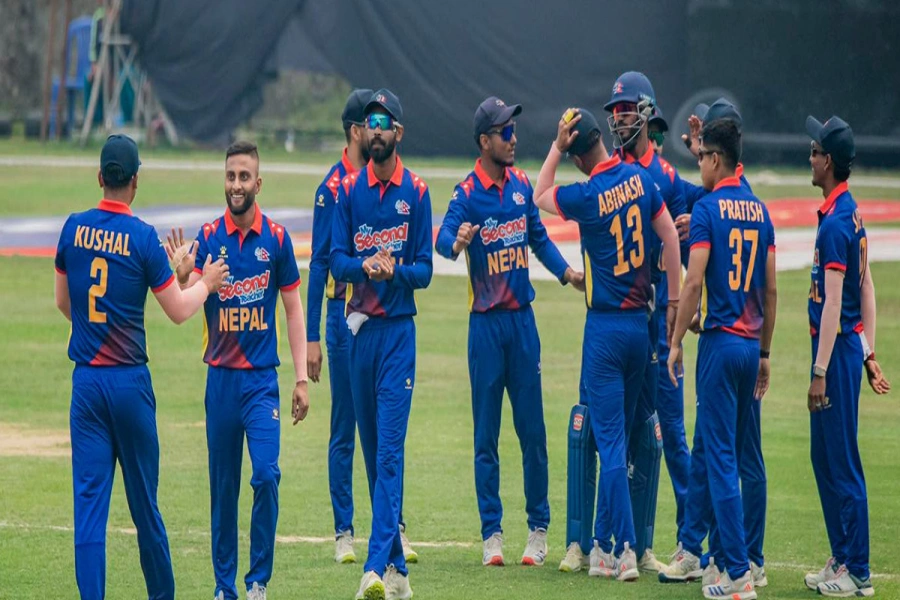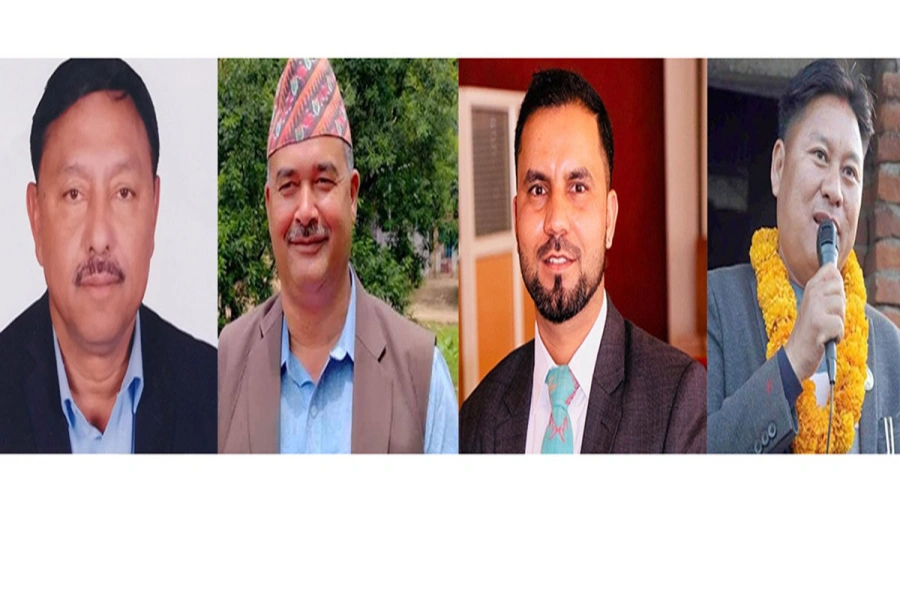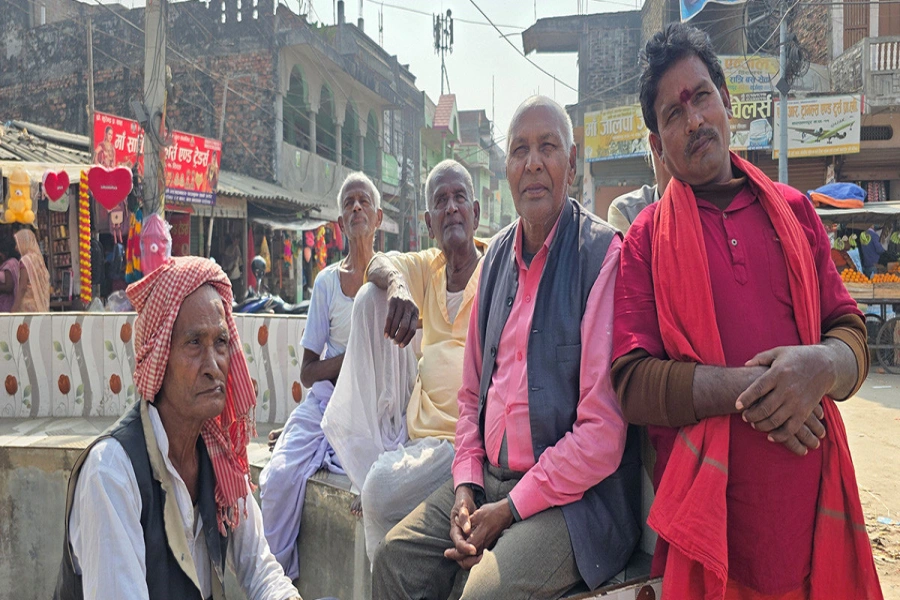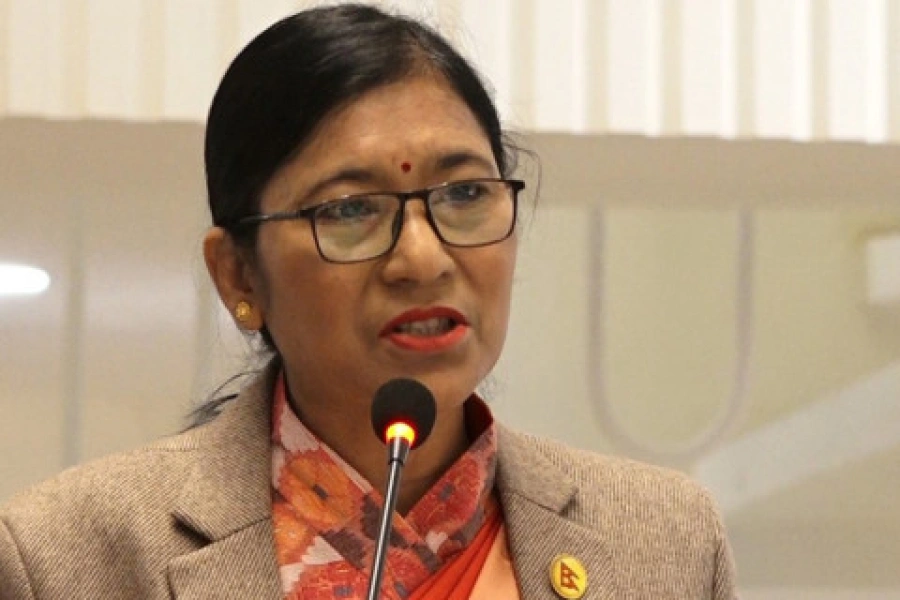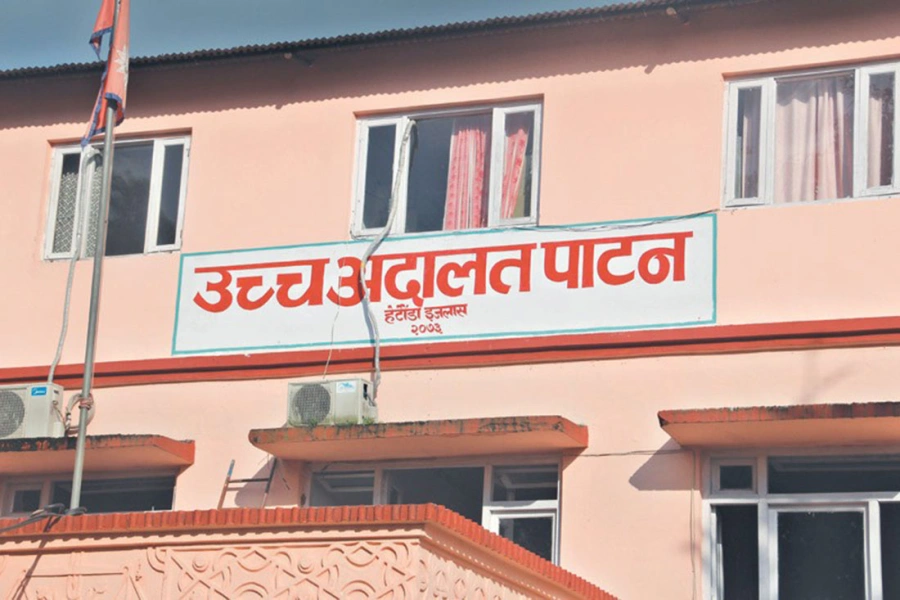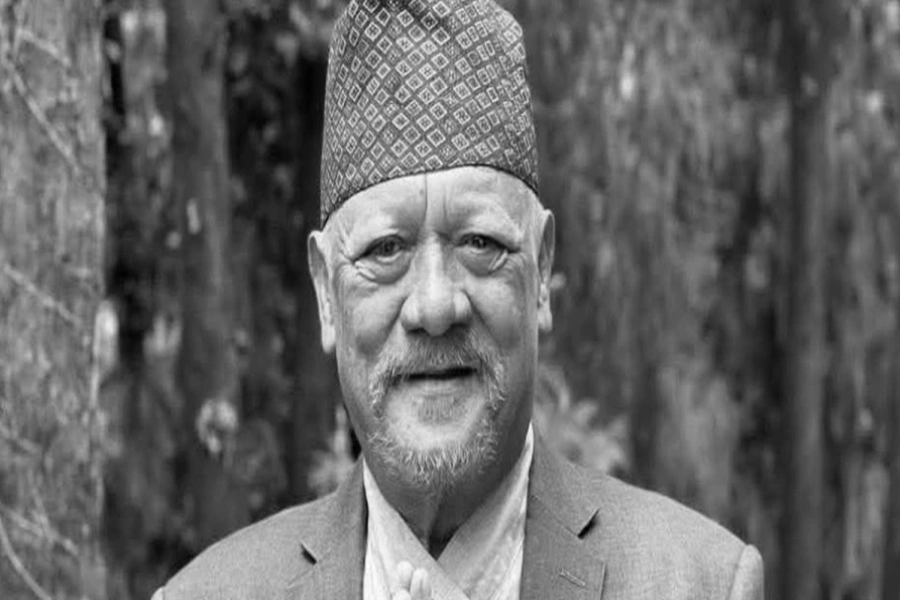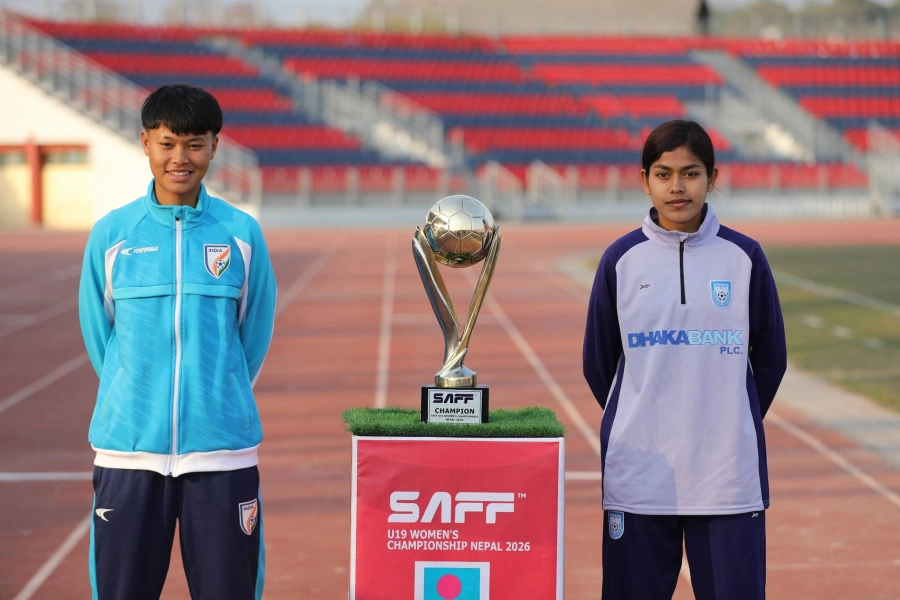Evidence suggests that our youths are leaving the country in droves in pursuit of education. Visit the Tribhuvan International Airport and ask the youths where they are going and why. You are likely to get one of two answers: for employment or for higher studies. This article will delve into the second answer.
Educated people are a fundamental need of any country. The likes of China and Singapore, and even India, have started investing significantly in research-oriented studies. Sandwiched as it is between China and India, Nepal does not seem to have learned anything useful from its neighbors.
We have seven universities in Nepal, with many lecturers and professors working in them. But the way they have been recruited is peculiar. First, lecturers here do not require doctorate degree to become professors and yet they are allowed to supervise PhD students. It’s like allowing SLC (now SEE) graduates to work as doctors. No offense to the professors, but this is simply not acceptable in academia anywhere else in the world. Doctor of Philosophy (PhD) is usually achieved after three to five years of rigorous research and publication in top academic journals, which normally have double-blind peer review process.
Under this process, each research article is thoroughly read and critiqued by two scholars in the same field so as to ensure that research carried out by PhD students are authentic and valid. Professors in Nepal rarely have to write and get their research articles published in such journals.
Top journals are evaluated based on impact factor, which is determined by how many times an article from a journal is cited in a particular year. Good research is likely to be cited by many other scholars. But Nepali professors, even the best of them, have hardly published anything in such prestigious journals and nor are the journals they author cited in other researches.
Second, professors in our universities are promoted based on the number of years they have served. So most of our professors are middle-aged; there is no system of promoting them based on scholarly capability. People with such capabilities are forced to migrate to other countries. A PhD graduate from the University of Otago (which I currently attend) was recently hired directly by Institute for Tourism Studies in Macau as an associate professor. He would not have got this change if he had tried to get a similar job in Nepal. This is proof of how our universities sideline people with capabilities.
It’s like awarding the person that has served the longest in the prison with facilities other inmates are denied simply because they have not served there as long.
Third, our universities have no access to top quality journals. Why don’t our students have easy access to such journals? Why are they left with no option but to rely on textbooks? As a result, our professors are not informed about recent research and development in their respective fields.
For example, a professor teaching medicine should be informed about top publications in relevant medical journals, and should inform the students about key findings of those publications. But this rarely happens here.
Frustratingly, professors here circulate the same notes and same text books, year in and year out. One test held at the end of academic year determines students’ academic ability. Academic ability should be tested based on research, not on rote learning.
Fourth, our professors and scholars don’t take part in enough international conferences. A competent professor is invited by universities around the world to disseminate their scholarly work. How many times have our professors been invited to top universities in the world to discuss their research? This is another proof of how we are lagging behind in research.
These reasons outlined above call for inquiry into our universities and procedures in place for promotion. We have a wonderful location, and our universities usually occupy large areas. The government too sets aside huge budgets for universities every year. This money can easily be used to buy subscriptions to top journal databases.
Our faculties should also be encouraged to participate in international conferences and publish their work in top journals. Moreover, they may collaborate with National Planning Commission to conduct research on different areas, enriching both academia and professors working there.
We can also invite international scholars to come and visit our universities. This will allow our students to be informed about latest developments in their areas of interest. The system of sending our students abroad for education should end. The money they spend abroad can be better utilized here in Nepal.
Only 8 pc hospital & research centers conduct research

The writer is a research student with the Department of Management at the University of Otago, New Zealand angel.sharmact@gmail.com




